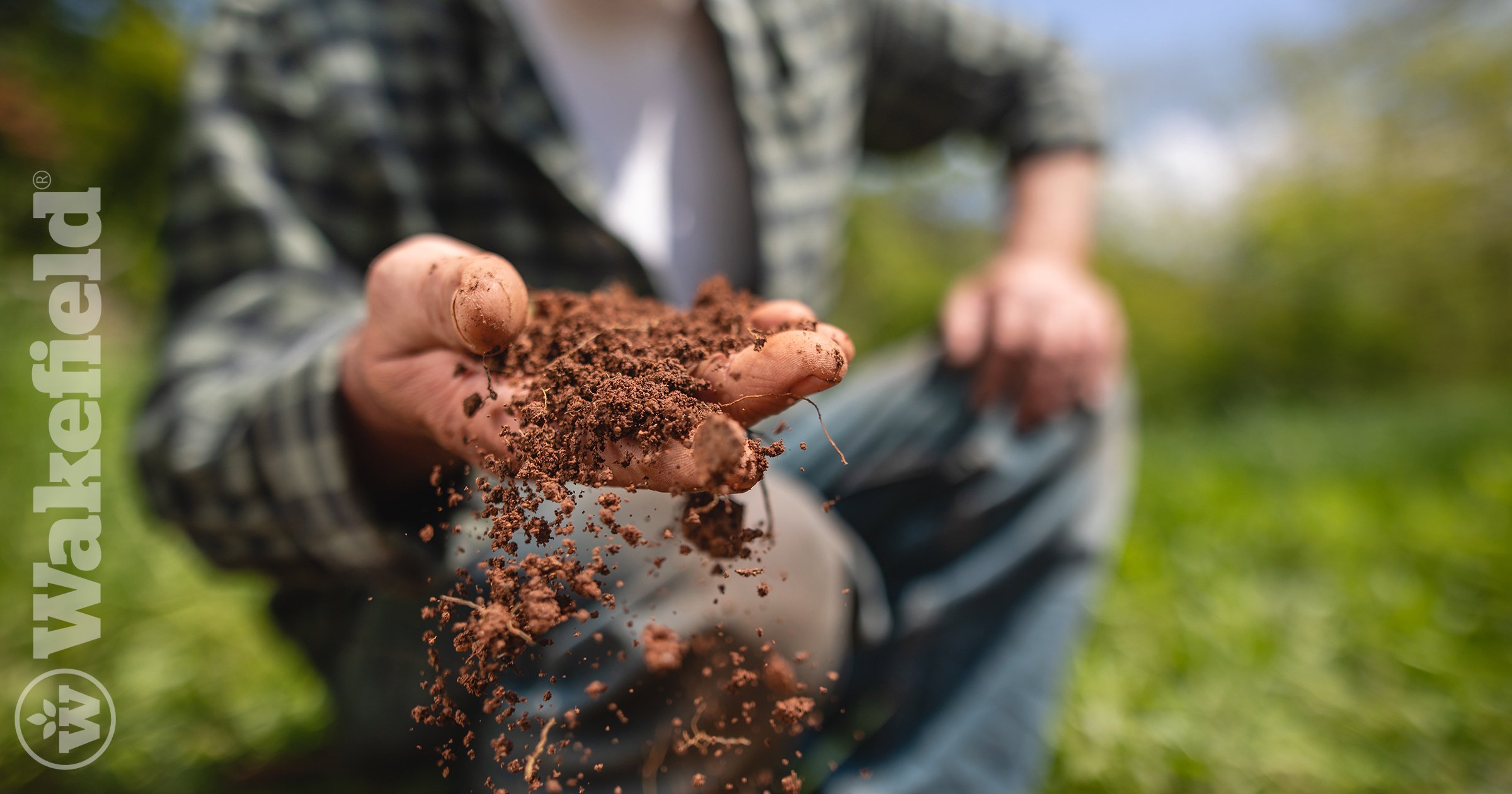Does Biochar Add Nitrogen to the Soil?

While biochar does not add nitrogen to soil, it does help soil to retain a higher portion of nitrogen to help plants thrive.
Nitrogen is one of the most essential ingredients for healthy plant growth. As a major component of chlorophyll, nitrogen is necessary for photosynthesis, the process by which plants absorb the energy of sunlight. Nitrogen is also a key element within plant proteins, which are the building blocks of tissue growth and cell reproduction.
Without nitrogen, plants would be unable to reach their full maturity. A lack of nitrogen also leaves plants more vulnerable to common diseases in both residential gardens and commercial farming operations. Signs of nitrogen deficiency in plants include:
- Withered leaves
- Reduced plant growth
- Decreased crop yields
- Yellowing on lower leaves
- Reduced flowering and fruiting
- Discoloration on stems
Biochar captures nitrogen and other key nutrients needed for plant growth and keeps them from leaching out of the soil. Nutrients from compost, for example, can drain out of soil over time – but with biochar, these nutrients are retained in the soil where they provide maximum long-term benefit for crop and plant health.
How Does Biochar Work?
An organic soil amendment, biochar is created by recycling wood waste and burning it via a process called pyrolysis. The lack of oxygen during the pyrolysis process renders wood waste into a stable form of carbon that can be added to soil to improve plant health.
Biochar has been used in soil for thousands of years thanks to the many benefits it offers, including:
- Increased aeration to provide oxygen to plant roots
- Better retention of important soil nutrients
- Decreased soil acidity
- The ability to neutralize harmful toxins that can affect plants
- Improved soil structure to ensure proper drainage of water
Along with these benefits, using biochar in soil can also help the environment. Its ability to sequester carbon in the ground reduces greenhouse gas emissions that contribute to climate change.
Biochar is an organic material, which means it lacks the harmful chemicals often found in fertilizers. These chemicals can leave the soil and make their way to nearby environments, which is not a concern with biochar applications.
Biochar is particularly effective when used in conjunction with organic compost, which contains essential nutrients like nitrogen without the inclusion of harsh chemicals.
Improve Nitrogen Retention in Soil With Wakefield BioChar
Wakefield BioChar’s organic soil amendments support the healthy growth of plants and crops, without any of the risks associated with chemical fertilizers. If your soil is lacking crucial nitrogen, applying biochar can increase nitrogen absorption rates, improve the overall quality of your soil, and give your plants the nutrients they need for optimal growth. We invite you to learn more about biochar and its benefits and place your order today. Bulk shipments available!





